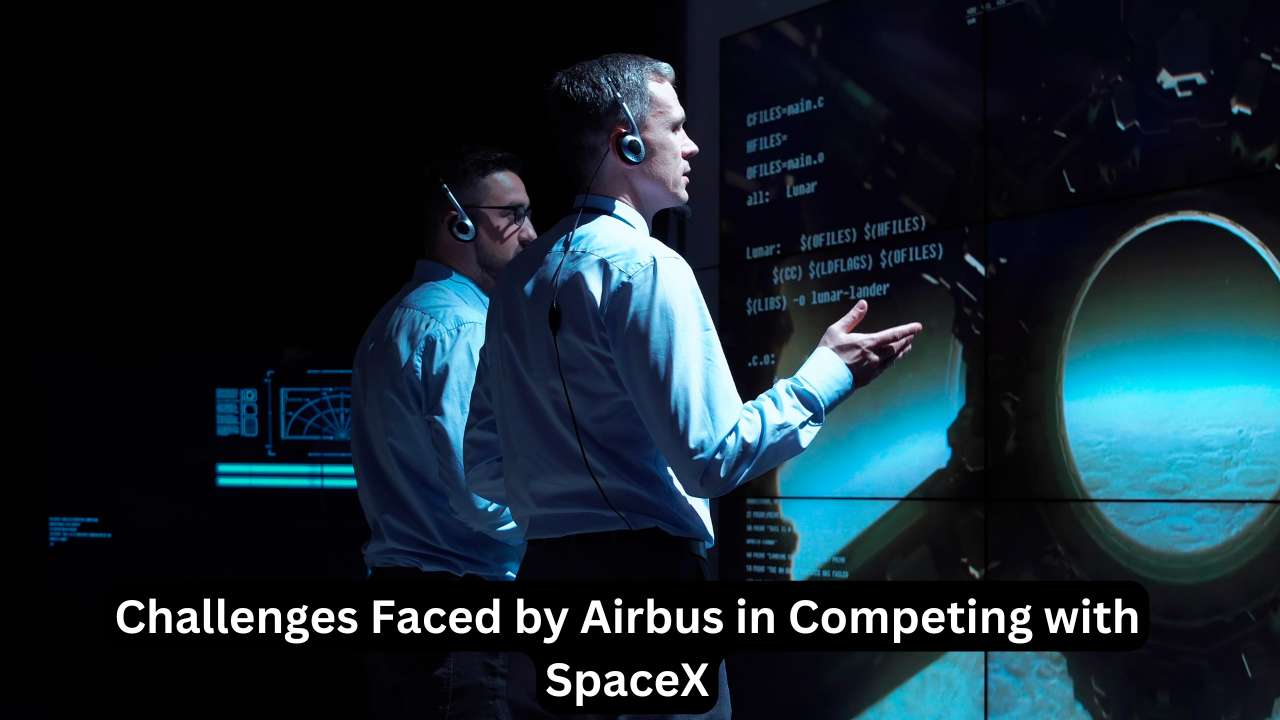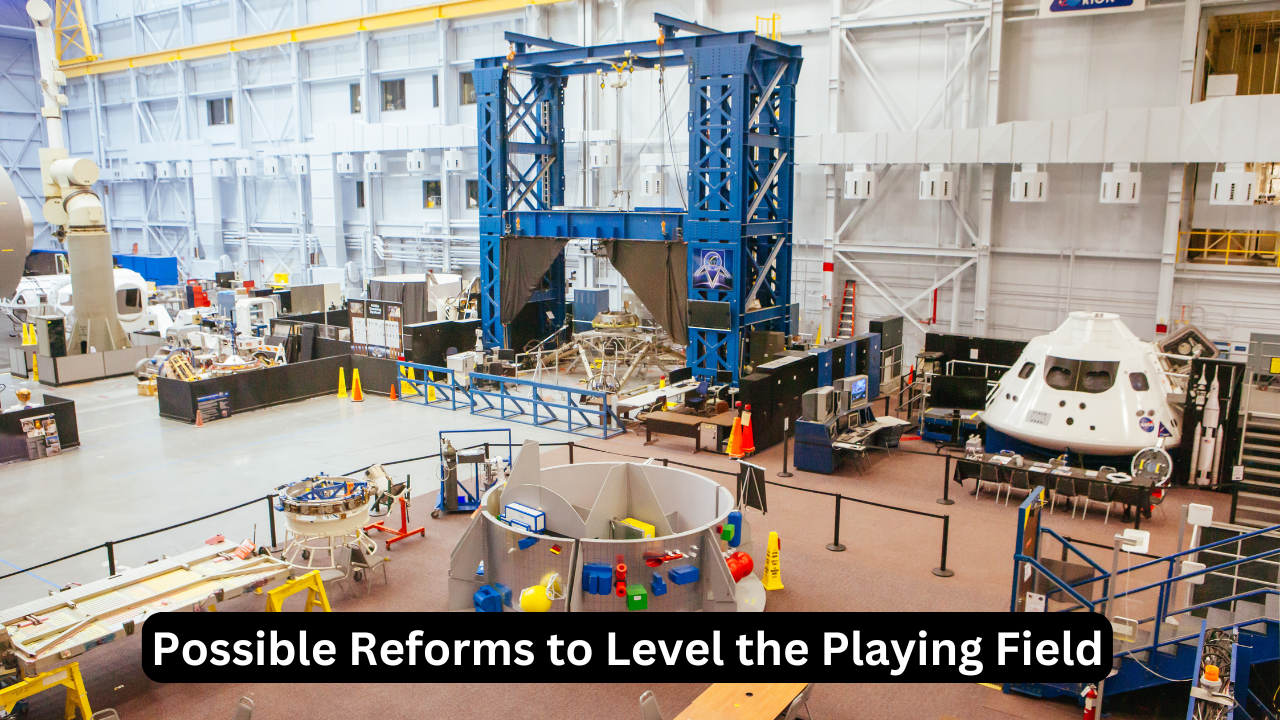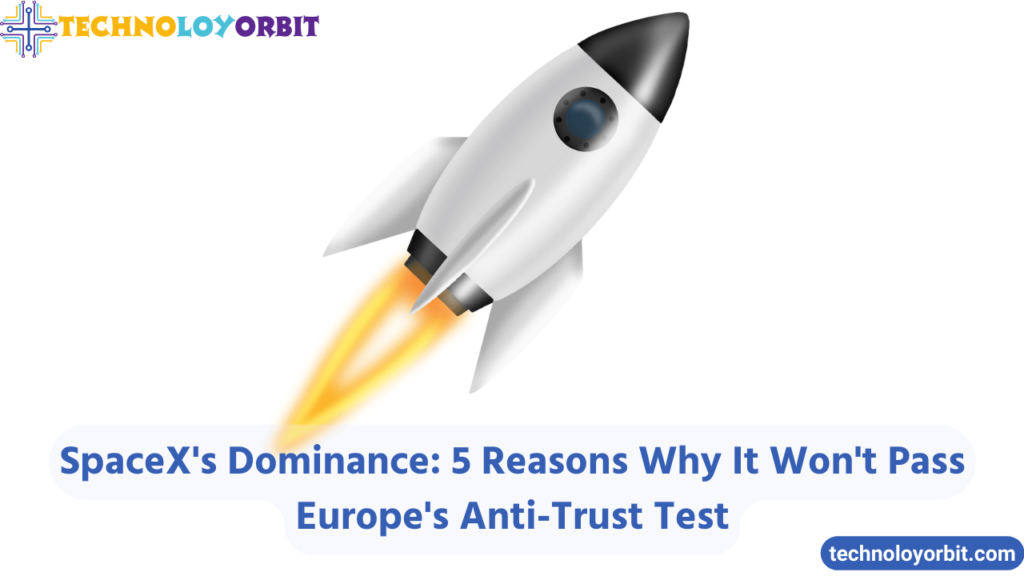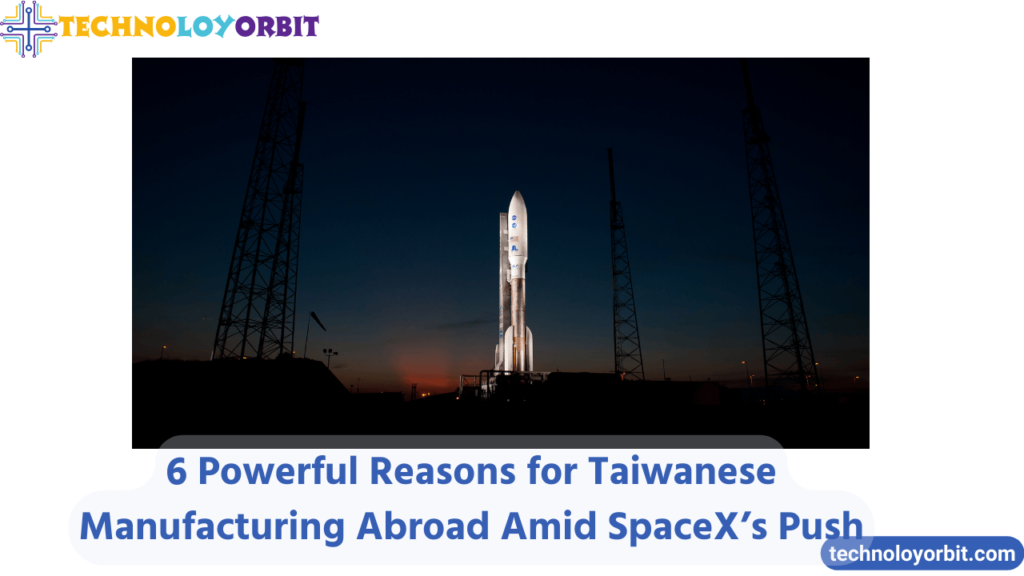SpaceX faces scrutiny for potentially violating Europe’s anti-trust laws due to its market dominance, raising concerns over fair competition in the global aerospace industry.
The competitive dynamics of the aerospace industry are under the spotlight following a recent comment by Airbus CEO Guillaume Faury, who suggested that SpaceX, the U.S. space giant led by Elon Musk, might not meet Europe’s stringent anti-trust regulations. His assertion sheds light on the growing influence of SpaceX and raises questions about competition, innovation, and policy standards across continents. This article delves into the Airbus CEO’s perspective, evaluates the challenges of the aerospace market, and explores the implications of this statement for global competition.
The Clash of Aerospace Giants

The aerospace industry is a cornerstone of technological innovation and global connectivity. In this field, Airbus and SpaceX are two towering names, each excelling in different domains. While Airbus dominates aviation, SpaceX has revolutionized space exploration with reusable rockets and ambitious missions. Recently, Guillaume Faury, Airbus’ CEO, argued that SpaceX’s monopolistic tendencies would likely breach Europe’s anti-trust regulations, sparking a heated discussion about market fairness and competition policies.
This claim invites critical analysis of SpaceX’s dominance, Airbus’ positioning, and the regulatory frameworks shaping the aerospace sector.
Understanding SpaceX’s Dominance in the Market
What Makes SpaceX a Global Leader?
SpaceX has disrupted the aerospace sector with groundbreaking technologies and cost-effective solutions. Its Falcon 9 reusable rockets, Starship program, and large-scale satellite network (Starlink) have set industry benchmarks. By offering affordable launches, SpaceX has captured a significant share of commercial and governmental contracts, putting competitors, including Airbus, under pressure.
- Achievements of SpaceX:
- First private company to send astronauts to the International Space Station (ISS).
- Successful launch and landing of reusable rockets.
- Expanding Starlink, a satellite internet network serving remote areas globally.
SpaceX’s rapid rise to prominence raises concerns about market concentration and the challenges faced by competitors.
Airbus’ Concerns About Fair Competition
According to Guillaume Faury, the European market prioritizes fair competition to prevent monopolies. He hinted that SpaceX’s approach might not align with these principles. Europe’s anti-trust laws are among the strictest globally, designed to foster a level playing field across industries.
- European Anti-Trust Principles:
- Preventing dominance by a single player.
- Encouraging innovation and healthy competition.
- Protecting smaller companies from unfair practices.
While SpaceX’s innovations are commendable, its influence on launch services and satellite markets could challenge these principles.
Challenges Faced by Airbus in Competing with SpaceX

Airbus and Its Place in the Space Industry
Airbus has a strong presence in the aerospace sector, especially in aviation, but its space division faces challenges in competing with SpaceX. Although Airbus partners with the European Space Agency (ESA) and other stakeholders, it struggles to match SpaceX’s aggressive pricing and technological advancements.
- Key Differences Between Airbus and SpaceX:
Feature SpaceX Airbus Rocket Technology Reusable rockets (e.g., Falcon 9) Non-reusable rockets (e.g., Ariane) Cost Efficiency Lower costs due to reusability Higher costs in traditional launches Market Focus Satellite launches, deep space missions Collaboration with ESA, satellite builds
These disparities underscore why Airbus struggles to compete, despite being a global leader in other aerospace sectors.
Regulatory Challenges in the U.S. vs. Europe
The regulatory landscape significantly impacts competition. In the U.S., companies like SpaceX benefit from government contracts, including lucrative deals with NASA and the Department of Defense. In contrast, European companies navigate a complex web of anti-trust laws and funding constraints, which can limit their flexibility.
- Differences in Regulatory Support:
- U.S.: Fewer restrictions, significant government funding for innovation.
- Europe: Strict anti-trust regulations and fragmented funding structures.
These regulatory contrasts highlight why SpaceX has an edge over Airbus in the commercial space race.
Could SpaceX Pass Europe’s Anti-Trust Test?
The Airbus CEO’s Statement in Context
Guillaume Faury’s remark about SpaceX failing Europe’s anti-trust test stems from concerns about the company’s market dominance. With its control over launch services and satellite markets, SpaceX exhibits characteristics of a monopolistic player.
- Key Issues with SpaceX:
- Dominance in commercial space launches.
- Expansion into telecommunications via Starlink.
- Potential barriers for smaller competitors.
These factors could conflict with Europe’s anti-monopoly principles, which aim to balance market power.
Possible Reforms to Level the Playing Field

To counteract SpaceX’s dominance, European policymakers and industry leaders might consider the following:
- Increased Investment in Innovation: Governments should boost funding for European companies to close the technological gap.
- Public-Private Partnerships: Strengthening collaborations between private firms like Airbus and public institutions such as ESA.
- Revisiting Regulatory Frameworks: Aligning anti-trust regulations with the realities of the global aerospace market to encourage growth without compromising fairness.
FAQs on SpaceX and Anti-Trust Concerns
1. What is SpaceX’s primary business focus?
SpaceX focuses on space exploration, satellite launches, and telecommunications, with innovations like reusable rockets and the Starlink satellite internet network.
2. Why did the Airbus CEO criticize SpaceX?
The Airbus CEO suggested that SpaceX’s dominant market position might breach Europe’s anti-trust laws, which emphasize fair competition.
3. How does SpaceX impact global competition?
SpaceX’s cost-effective solutions and rapid innovation challenge competitors, potentially limiting opportunities for smaller companies.
4. What are European anti-trust laws?
European anti-trust laws prevent monopolistic practices, promote innovation, and protect smaller businesses from unfair competition.
5. What are the challenges for Airbus in competing with SpaceX?
Airbus faces challenges like higher costs, reliance on traditional rockets, and less flexible funding structures compared to SpaceX.
6. How does SpaceX benefit from U.S. policies?
SpaceX benefits from significant government contracts and fewer regulatory restrictions in the U.S., enhancing its market dominance.
7. Can Airbus collaborate with SpaceX?
While collaboration is theoretically possible, competitive dynamics and policy differences make such partnerships unlikely.
8. What are the implications of SpaceX’s dominance?
SpaceX’s dominance could stifle competition, raise regulatory concerns, and impact global innovation in the aerospace sector.
Conclusion: Balancing Competition and Innovation
The statement by Airbus CEO Guillaume Faury highlights a growing tension in the global aerospace industry. As SpaceX continues to dominate with groundbreaking technologies and cost advantages, European companies like Airbus must navigate a stricter regulatory landscape. Ensuring a fair competitive environment while fostering innovation requires collaborative efforts between policymakers, industry leaders, and international organizations.
By addressing regulatory discrepancies and investing in cutting-edge technologies, Europe can position itself as a formidable player in the global space race. The conversation initiated by the Airbus CEO is a timely reminder of the importance of competition, not only for the aerospace sector but for global technological progress. Please follow out blog Technoloyorbit.



